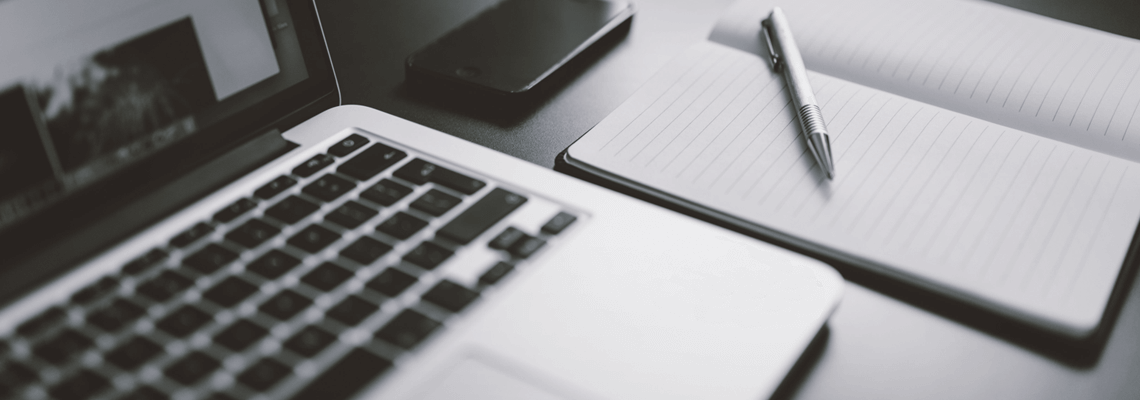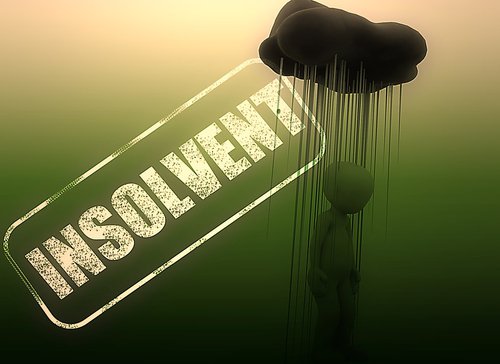
THE CONSEQUENCES OF CHAPTER 11 BANKRUPTCY
 The Pros and Cons
The Pros and Cons
Everything is great - you have a beautiful family, the house you always wanted, a career you love, a nice car, designer clothes, expensive jewelry and the country club membership. You never dreamed you'd be this happy. Then the unthinkable happens: your company downsizes and you lose your job; and then you find out your spouse has run off with someone younger and filed for divorce. You're losing everything all at once! What do you do? Is bankruptcy an option to keep the creditors at bay? You need to find a lawyer who specializes in Chapter 11 bankruptcy.
Chapter 11 bankruptcy is used most often by businesses, but can be useful to some individuals and small business owners who don't qualify for Chapter 13. Chapter 11 offers a reorganization of debts that can be repaid over time. Depending upon the size of the bankruptcy, it can take a period of time from a few months to a few years to emerge from it.
Some financial experts advise clients to avoid any type of bankruptcy at all costs, due to the ramifications. According to an Ohio State University study on bankruptcy it takes 10-20 years for those who file bankruptcy to regain the financial status of their non-bankrupt peers. The major lifestyle issue it does not seem to negatively affect is the ability to purchase a car. Before you file bankruptcy, you need to be aware of the good and the bad.
Some of the advantages of filing bankruptcy are as follows:
It will eliminate some debt. Some unsecured debt can be eliminated, and some secured debt can be restructured in the plan and paid back over time.
It will stop debt collection hassles. Due to the "automatic stay" after you file bankruptcy, debt collectors are mandated to stop collection attempts, which means they cannot call you at home or at work.
It will allow you to keep some property.
Each state is different, but there is certain protected property that you are allowed to keep after filing bankruptcy.
Some of the negative consequences of filing for chapter 11 bankruptcy are as follows:
It damages your credit. A bankruptcy will remain on your credit report for 10 years.
It becomes public record. Bankruptcies become a matter of public record, and, more than likely, will lead to denials of lines of credit from banks and retail businesses. It also means that a prospective employer could see the bankruptcy during a credit check, resulting in a lower chance of landing the job you want. This information must also be disclosed on college entrance applications.
It doesn't erase all debt. Some debts, such as alimony, child support, most student loans, and some IRS debt cannot be eliminated.
Filing is expensive. There are filing fees and attorney fees averaging $3000-5000. This is not cheap for the person who already cannot pay his bills.
It takes several years to qualify for a home loan. On average, it can take between one and four years to qualify for a mortgage loan. Expect the interest rate to be around six points higher than what others in your age bracket are paying!
Credit cards may be difficult to obtain. Credit card issuers may take a chance on you after bankruptcy, but will charge extremely high interest rates and fees.
Like marriage, bankruptcy is not something to be taken lightly. Don’t panic, but take your time to hire a competent professional who specializes in Chapter 11 bankruptcy Savannah GA to examine the specifics of your case and help you do what is right for you. Georgia Debt Relief is here to serve the Savannah area with dedicated, compassionate help for anyone who needs assistance with financial difficulties. Call us today!